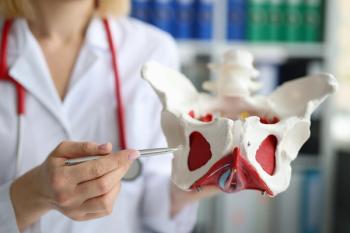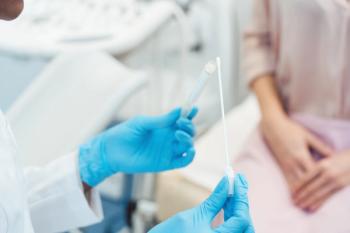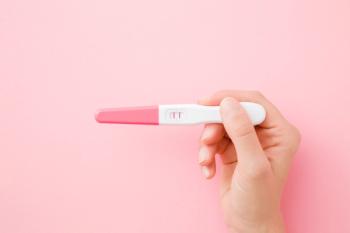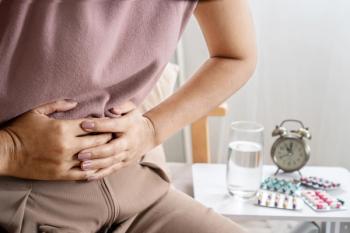
Review some of the top stories from the Contemporary OB/GYN website over the past week and catch up on anything you may have missed.

Review some of the top stories from the Contemporary OB/GYN website over the past week and catch up on anything you may have missed.

A study found women with Medicaid insurance are more than twice as likely to experience delays in starting cervical cancer treatment.

New data reveal that more than 70% of Gen Z women report age-related fertility concerns, with experts urging education, proactive planning, and supportive language to reduce panic.

A recent study found variations in menstrual product use by race, age, socioeconomic status, and menstrual factors.

Women with a history of cervical cancer face nearly double the risk of anal cancer, highlighting the need for tailored screening guidelines.

Find out the top 5 latest updates and headlines in folic acid research in honor of National Folic Acid Awareness Week (September 8-14, 2025).

A trial shows all surgical approaches for vaginal vault prolapse enhance body image and sexual health in women.

A study found that women with a nutrition major in college and access to folic acid information were more likely to plan folic acid supplementation prior to pregnancy.

A study found that hysteropexy patients faced a greater long-term risk of surgical retreatment compared with hysterectomy.

Jesus Gonzalez Bosquet, MD, PhD, discusses how machine learning could improve early ovarian cancer diagnosis by identifying methylated DNA in blood.

A study found continuous glucose monitoring improves glycemic control vs self-monitoring in diabetes during pregnancy.

The updated guidelines emphasize shared decision-making, early counseling, and pregnancy heart teams to improve outcomes.

A national poll finds most women underestimate diet’s role in reducing menopause symptoms, despite evidence for plant-based diets with soy.

A study found women with preeclampsia face a 1.5-fold increased risk of cardiovascular disease, highlighting the need for early monitoring.

A study found that women receiving hysterectomy, especially with bilateral oophorectomy, face a significant increase in stroke risk.

Uma Mahadevan, MD, explains updated international recommendations for inflammatory bowel disease in pregnancy.

A new study finds less than 16% of US counties offer vaginal birth after cesarean services, highlighting regional disparities.

Review some of the top stories from the Contemporary OB/GYN website over the past week and catch up on anything you may have missed.

A new study finds extreme pregnancy nausea often leads to emotional distress and highlights a need for better care.

The 2025 amendment updates diagnostic, treatment, and prevention strategies for recurrent urinary tract infections in women.

The USPSTF cites a lack of strong data to support routine screening or supplementation for iron deficiency in asymptomatic pregnant individuals.

A new study reveals that hormonal contraceptives not only regulate reproductive health but also influence emotional reactivity.

Universal EHR-based decision support eliminated racial disparities in adolescent chlamydia and gonorrhea testing in pediatric EDs.

A study highlights common, preventable risk factors such as obesity and diabetes that could impact outcomes.

An international review found rising maternal age, increasing complications, and ongoing disparities in maternity care across 3 nations.

The global consensus offers evidence-based guidance for treating inflammatory bowel disease in pregnant women.

From 2016 to 2021, only 16% of US counties offered labor after cesarean, with access limited across the South and Midwest.

New research reveals that women face worse heart attack outcomes than men, particularly when treated with beta-blockers, highlighting the need for sex-specific care.

Take a quick look at everything you may have missed in August, including the latest FDA updates, top stories, and exclusive interviews.

A study shows the need for structured postnatal care in pregnancies affected by red cell alloimmunization.